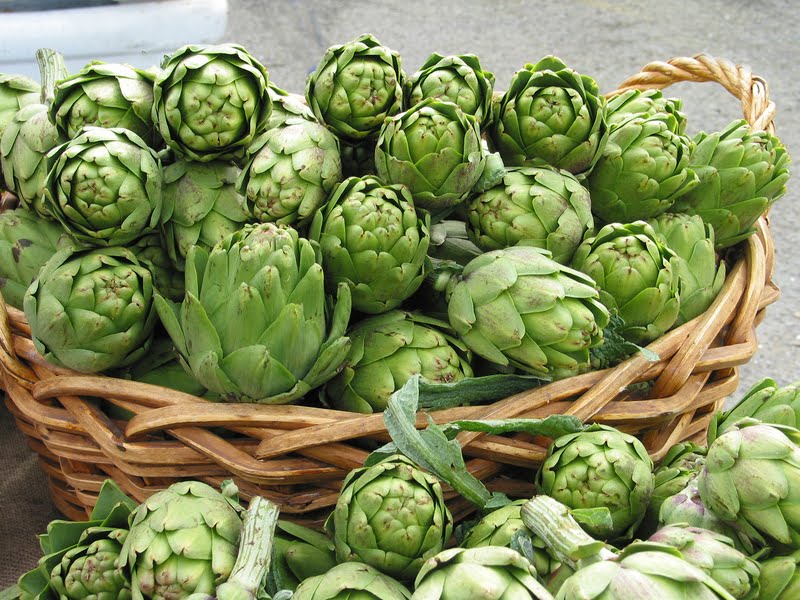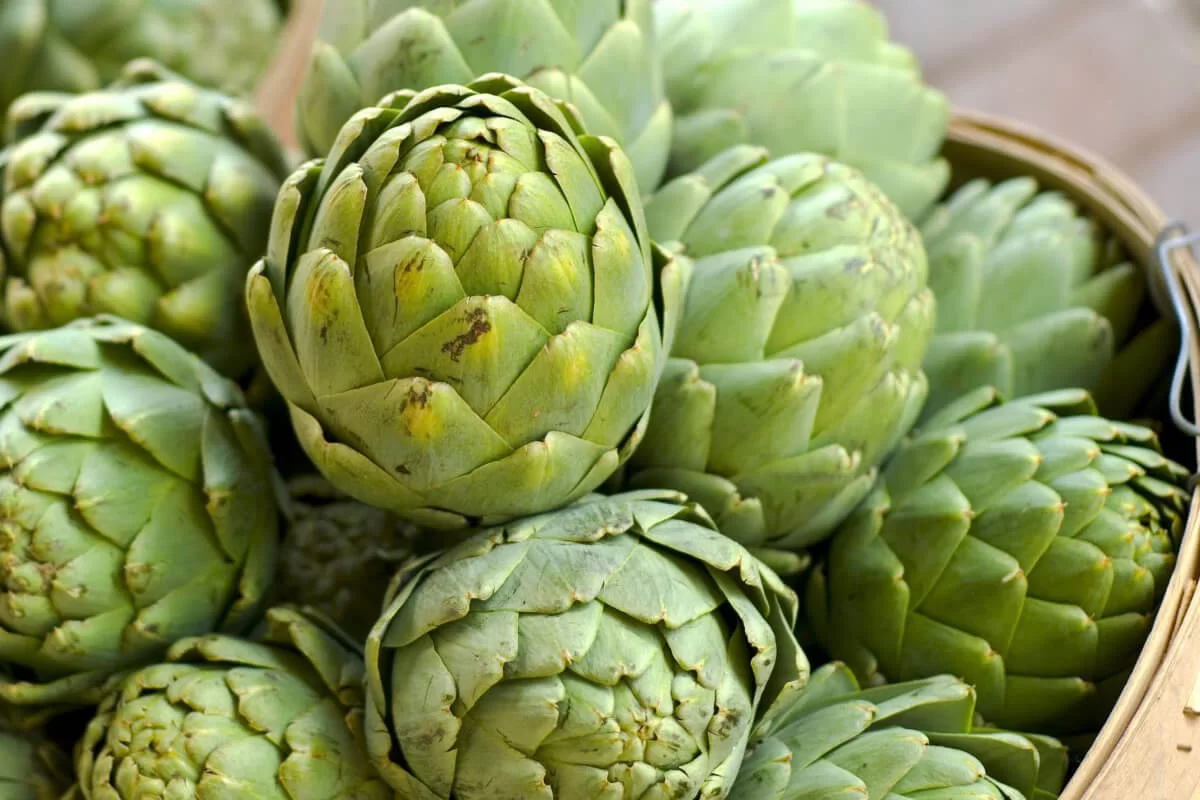Artichokes are not only a delicious and versatile vegetable but also a powerhouse of nutrients. Known for their unique flavor and numerous health benefits, artichokes have been used in traditional medicine for centuries. However, like any food, they may not be suitable for everyone.
In this blog post, we’ll explore the benefits of artichokes and their potential contraindications.
Health Benefits of Artichokes
1. Rich in Nutrients
Artichokes are low in calories but packed with essential vitamins and minerals, including:
- Vitamin C (supports immunity)
- Vitamin K (important for bone health and blood clotting)
- Folate (crucial for cell growth and pregnancy)
- Magnesium (supports muscle and nerve function)
- Potassium (helps regulate blood pressure)
- Fiber (aids digestion and gut health)
2. Supports Liver Health
Artichokes contain cynarin and silymarin, compounds that promote liver function by stimulating bile production, aiding detoxification, and protecting liver cells from damage.
3. Aids Digestion
Thanks to their high fiber content, artichokes help prevent constipation, support a healthy gut microbiome, and may reduce bloating and irritable bowel syndrome (IBS) symptoms.
4. May Lower Cholesterol
Studies suggest that artichoke leaf extract can help reduce LDL (“bad”) cholesterol while increasing HDL (“good”) cholesterol, thanks to its antioxidant properties.
5. Regulates Blood Sugar Levels
The fiber and compounds in artichokes help slow down sugar absorption, making them beneficial for people with diabetes or insulin resistance.
6. Heart Health
Artichokes are rich in potassium, which helps regulate blood pressure, and their antioxidant properties may reduce inflammation in blood vessels, lowering the risk of heart disease.
7. Antioxidant Powerhouse
Artichokes contain quercetin, rutin, and gallic acid, which fight oxidative stress and may reduce the risk of chronic diseases like cancer.
Contraindications and Side Effects
While artichokes are generally safe for most people, some individuals should consume them with caution:
1. Allergies
Some people may be allergic to artichokes, especially those allergic to plants in the Asteraceae family (like ragweed, chrysanthemums, or marigolds). Symptoms may include itching, swelling, or digestive discomfort.
2. Gallbladder Issues
Because artichokes stimulate bile production, people with gallstones or bile duct obstruction should avoid them unless approved by a doctor.
3. Digestive Sensitivity
Due to their high fiber content, eating too many artichokes may cause bloating, gas, or diarrhea in sensitive individuals.
4. Blood Pressure and Blood Sugar Interactions
Artichokes may enhance the effects of blood pressure and diabetes medications, potentially leading to hypotension (low blood pressure) or hypoglycemia (low blood sugar). If you take these medications, monitor your levels closely.
5. Pregnancy and Breastfeeding
While artichokes are generally safe in food amounts, concentrated supplements should be avoided unless recommended by a healthcare provider.
How to Enjoy Artichokes
- Steamed or boiled (serve with lemon butter or garlic aioli)
- Grilled (drizzled with olive oil and herbs)
- In salads (hearts add a delicious, tender texture)
- As a tea or supplement (for liver and digestive support)

Artichokes are a nutrient-dense vegetable with impressive health benefits, particularly for digestion, liver function, and heart health. However, those with certain medical conditions or allergies should consume them mindfully.
Have you tried incorporating artichokes into your diet?
Share your favorite recipes in the comments!

